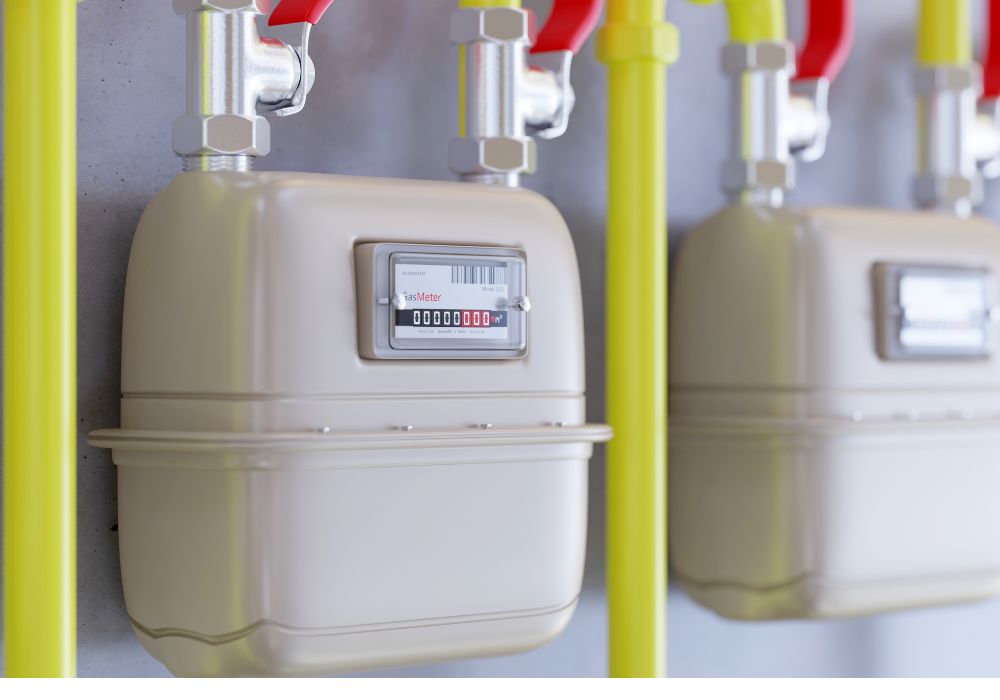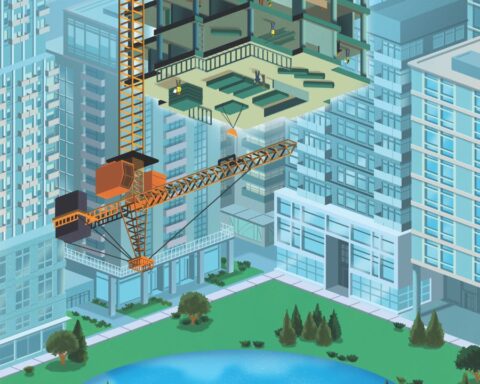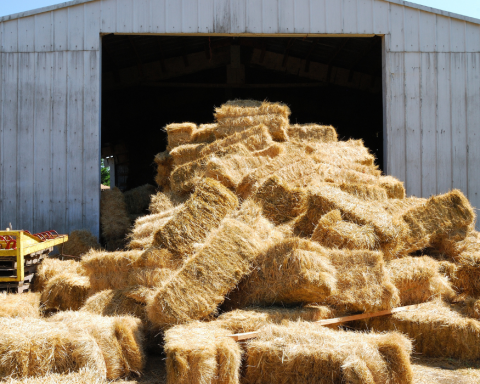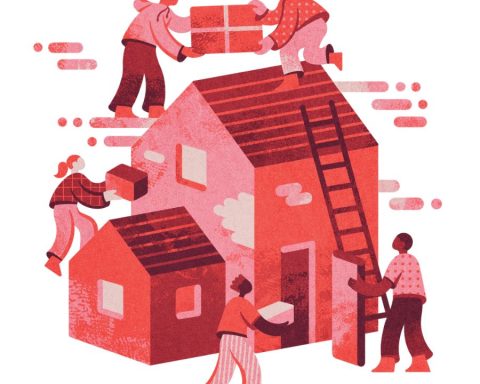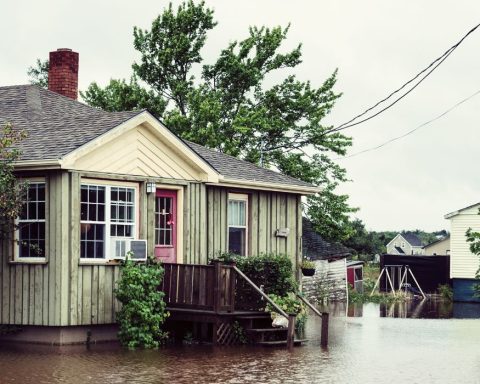A backlash to bans on gas infrastructure in new buildings has arrived in Canada.
Last week, Vancouver City Council voted to repeal its prohibition of “natural” gas for heating new buildings in a move climate advocates say will jeopardize the city’s climate goals.
“Council’s decision is [a] big step back for a city renowned for its leadership,” said Betsy Agar, the director of the Pembina Institute’s buildings program. “To stick natural gas back into new home construction would jeopardize Vancouver’s climate goals and do nothing to reduce the costs of operating buildings over the long term.”
The repeal comes as state and municipal gas bans are going through a bit of an evolution in the United States, as they have continued to spread but have also suffered some setbacks in court. More than two dozen Republican-led state governments have barred municipalities from introducing their own prohibitions. And the first city in North America to introduce a ban – Berkeley, California – was forced to repeal its ban after a 2023 Ninth Circuit Court of Appeals ruling rolled it back.
Vancouver’s move came after a change in government. City council originally implemented the ban (which did not extend to gas used for cooking) in 2020. But last week, a group of conservative councillors, who were part of Mayor Ken Sim’s centre-right ABC Vancouver party elected in 2022, tried to turn the issue into an affordability one. The contingent claimed that reversing the prohibition was necessary to keep the cost of new homes down. Sim, who was called into the council meeting on Zoom while he was on vacation to cast a tie-breaking vote, said that “we all love the environment, but we need balance. We also have an affordability crisis.”
Related:
- Despite backlash, bans on gas use in new buildings keep spreading
- Is the LNG industry gaslighting the path to net-zero?
- How the natural gas supply chain is leaking methane
Climate advocates have, however, questioned whether the move will improve affordability, given that electrified buildings can be built cost-effectively.
“The housing crisis in Vancouver is driven by multiple complex factors, and delaying the construction of reliable, climate-safe buildings that are affordable to heat and cool is not a viable solution,” Agar said. “Local governments should collaborate with the provincial government to ensure new homes meet the highest standards for efficiency and electrification. This approach not only reduces emissions but also lowers energy costs for residents.”
Vancouver’s buildings are responsible for approximately 55% of the city’s total greenhouse gas emissions. Considering that, advocates say the repeal of the ban will greatly hinder the city’s pledge to reduce its carbon emissions by 50% by 2030. City staff have warned council that rolling back the bylaw could set the city back “tens of thousands” of tonnes of greenhouse gas emissions.
The new policy will likely come into effect in November and comes at a time when other cities in B.C., such as Victoria, have adopted the top tier of a stringent provincial building code that will limit the greenhouse gas emissions of new buildings and effectively phase out most fossil-fuel use in them.
“By reverting to natural gas, [Vancouver] risks locking itself into a high-carbon infrastructure at a time when urgent climate action is needed,” Agar said.


